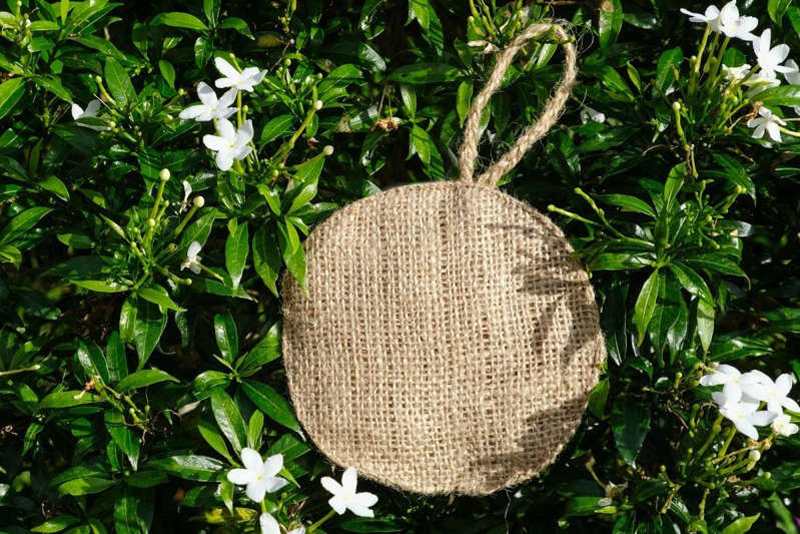
Category: FIBRES
Country: India
Photo provided by News18 | Textile Institutes in Surat Develop Eco-friendly Fibre and Yarn from Pineapple Leaves©
Buzz Staff 23 hours ago
One of the most glamorous industries in the world is also one of the most polluting industries: fashion and textile. A major chunk of the produce goes to landfills and untreated toxic waste from textiles factories ends up tainting water bodies. A significant amount of humanity’s carbon emissions is credited to the textile industry. While big brands and fresh startups promise ethical and sustainable practices being followed in production, credible reports to verify the claims are majorly absent. Experts suggest several ways to treat the pollution issues caused by the industry. One of the more popular approaches is substitution of chemically produced raw materials with naturally obtained options.
Surat, popularly known as ‘The Diamond City’ and ‘The Silk City’, has many important structures setup for textile production across the city. For a while now, traders and stakeholders in the city have been trying to experiment with sourcing. Surat is developing a biodegradable yarn sourced from pineapple, birch wood, banana and bamboo. The city had previously experimented with plant-based cupro fibre and viscose rayon.
As per a report in The Times of India, Navsari Agricultural University (NAU) has been devising schemes to market its banana-plant fibre obtained from the plantain’s pseudostem. J M Patel, head of Soil and Water management Research Unit, NAU, told the media outlet, “Plantain stems weighing around 45kg each were earlier considered waste and would actually incur the farmer an additional Rs 15,000 per hectare cost for removal of the eco-trash.” He added, “With the innovation of plant-based fibre, farmers can earn from that waste.”
The majority of the struggle is polyester, which according to experts is hard to be substituted with a naturally made option, at large. Rajnikant Bachkaniwala, president of MANTRA, a textile research institute said that natural yarns and fibres have been around for some time. These substitutes have to grow in commercial production so as to make it available at customer-friendly prices.
A private group from the city, Meher International is using pineapple leaves to make fibre and the yarn can be derived after a long process. Director of the firm, Sumit Agarwal said that for farmers these leftovers are waste and tend to throw them away.
Courtesy: https://www.msn.com/en-in/news/other/textile-institutes-in-surat-develop-eco-friendly-fibre-and-yarn-from-pineapple-leaves/ar-AARJxlQ
Copyrights © 2025 GLOBAL TEXTILE SOURCE. All rights reserved.